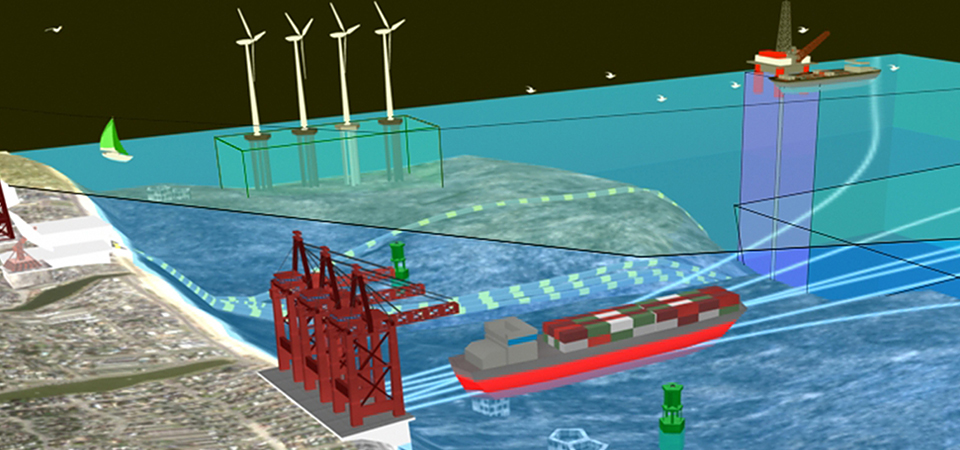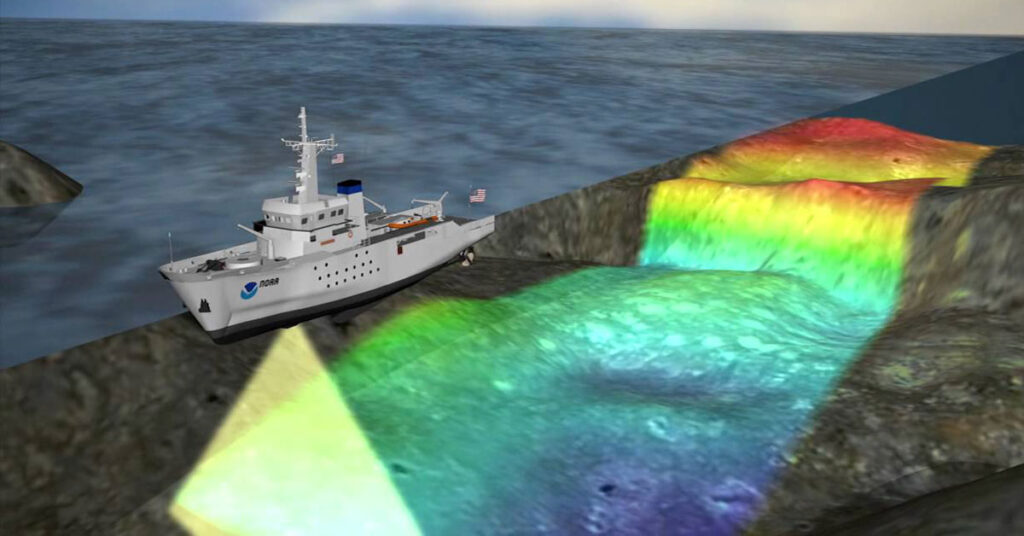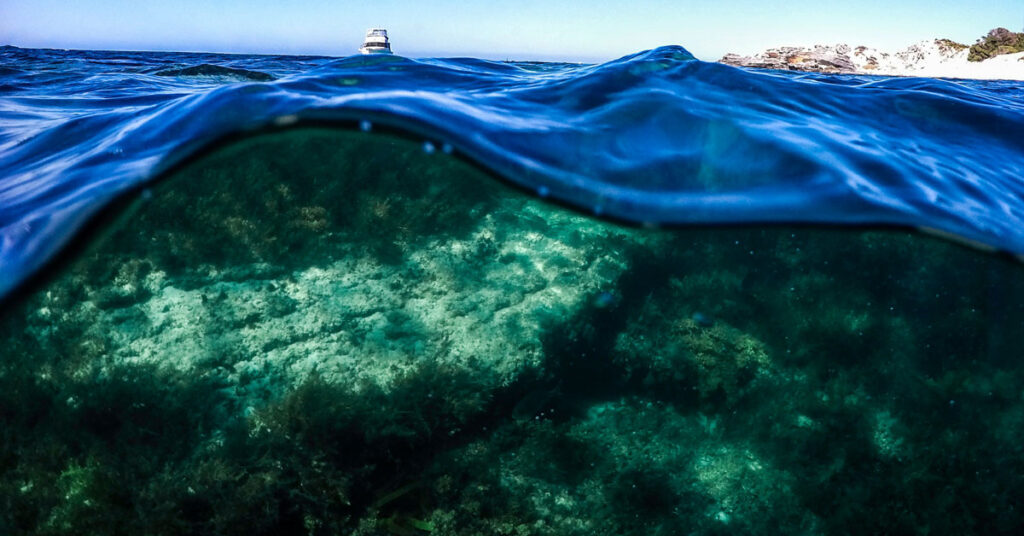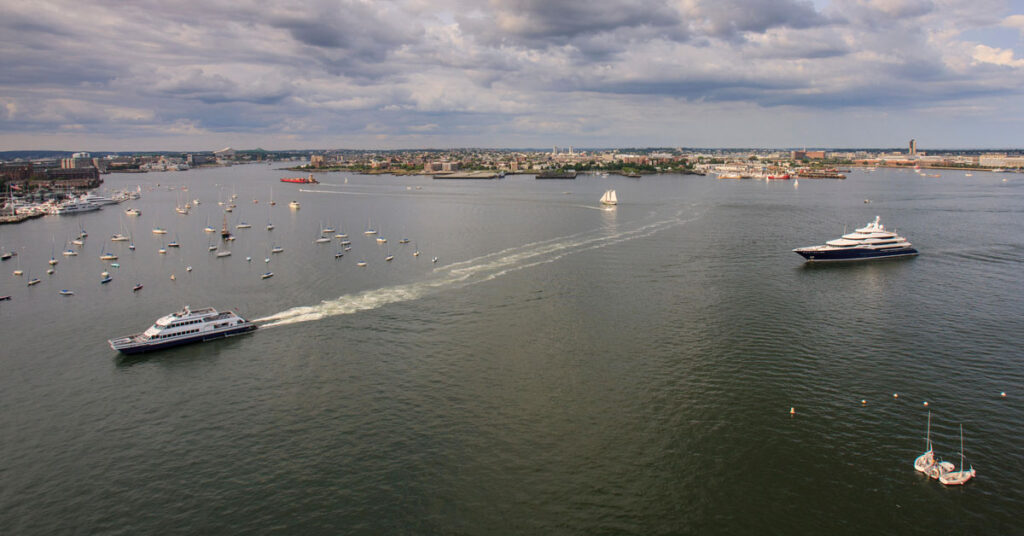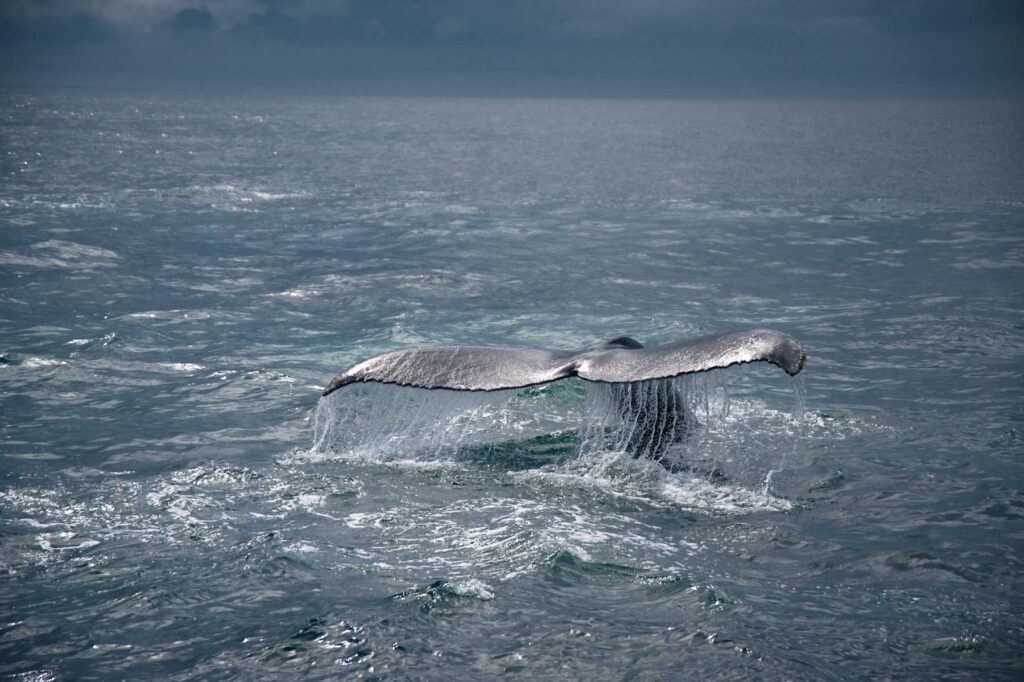Project
Emerging Issues

Overview
The offshore ocean environment is complex and constantly evolving. With new technologies, industries, and other uses of the ocean constantly developing, it is crucial to understand emerging management and permitting challenges. The Ocean Planning Committee works to understand, coordinate, and address, where appropriate, emerging issues of regional concern.
Security and Technology
Blue technology as well as maritime safety and security are critical to understand and promote, where appropriate, within New England. The Ocean Planning Committee works to support and inform new technologies of existing ocean uses offshore and vice versa including providing coordination and understanding of the potential challenges or conflicts that may results in the coastal and ocean space.
Aquaculture
Work to date is focused on an overview of aquaculture in New England federal waters, an update on the identification of Aquaculture Opportunity Areas, an overview of the federal review and authorization process for aquaculture activities, and discussion about how federal agencies coordinate with states, Tribes, ocean users and the public to consider potential impacts during regulatory review. Information and lessons learned have advanced perspectives and opportunities to improve the federal regulatory review process and better engage varied interests in aquaculture permitting decisions.
Subsea Cables and Seafloor Disturbance
Critical infrastructure such as subsea cables and telecommunication lines are found throughout New England’s ocean waters and many are newly in development. Additional seafloor considerations include research activities, mapping, exploration, dredging, and sand, sediment, and mineral resources. The Ocean Planning Committee provides an opportunity for interjurisdictional coordination and develops data and information to inform permitting and management for industry, states, Tribes, and federal agencies throughout the region related to these activities.
mCDR
Work to date is focused on providing a forum for discussions and coordination around the emerging issue of marine carbon dioxide removal (mCDR). NROC members, Tribes, and regional partners raised mCDR within the Ocean Planning Committee as an emerging issue in need of greater understanding in the region, specifically the management and permitting implications as well as the data and monitoring needs for this potential new activity. Examples of CDR methods include: Macroalgal Cultivation, Ocean Alkalinity Enhancement, Coastal Blue Carbon, Direct Air Capture, Direct Ocean Removal, and Ocean Fertilization.
Resources
Partners
- C
Contact
This is a project of NROC’s Ocean Planning Committee. For more information about this project, contact Amy Trice, NROC, atrice@northeastoceancouncil.org.

